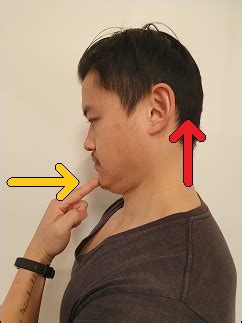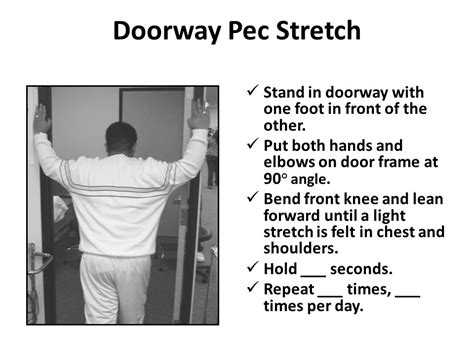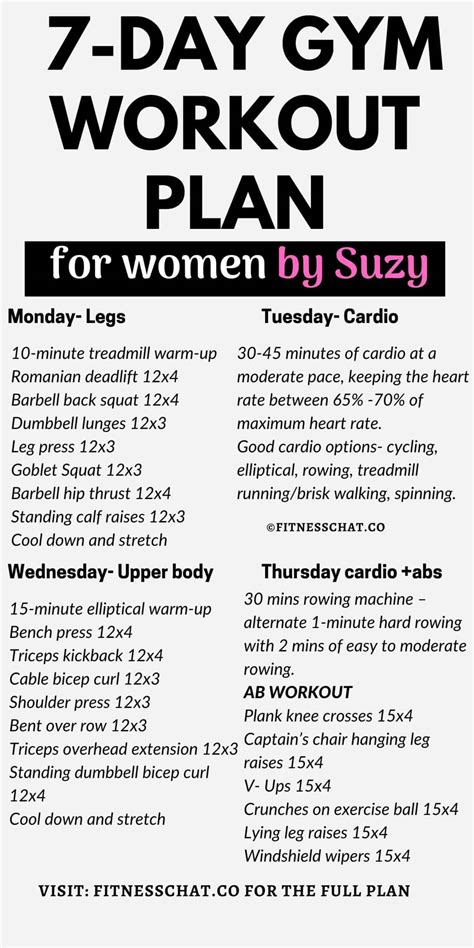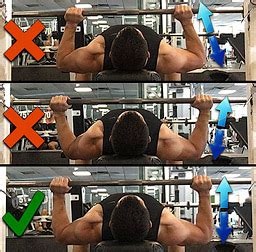Understanding Tech Neck: The Modern Affliction
In our increasingly digital world, smartphones have become indispensable tools for communication, work, and entertainment. However, the constant downward gaze at our devices has given rise to a common musculoskeletal issue known as ‘tech neck.’ This condition is characterized by pain and stiffness in the neck, shoulders, and upper back, often accompanied by headaches, resulting from the sustained forward-flexed position of the head.
When you tilt your head forward, the weight of your head significantly increases the strain on your cervical spine. A human head typically weighs between 10 to 12 pounds. Tilting it forward by just 15 degrees can put approximately 27 pounds of force on your neck, increasing to 40 pounds at 30 degrees, and a staggering 60 pounds at 60 degrees. This excessive load can lead to disc compression, muscle strain, nerve impingement, and premature wear and tear on the spine over time.

Immediate Steps for Pain Relief
If you’re currently experiencing tech neck pain, several immediate actions can help alleviate discomfort:
- Take a Break: Step away from your device. Even a few minutes can give your neck muscles a much-needed rest.
- Gentle Stretches: Slowly tilt your head from side to side, ear towards shoulder, then gently nod your head up and down. Roll your shoulders back and down. Avoid aggressive movements.
- Heat or Cold Therapy: Apply a warm compress to relax tense muscles or an ice pack to reduce inflammation. Experiment to see which works best for you.
- Over-the-Counter Pain Relievers: Non-steroidal anti-inflammatory drugs (NSAIDs) like ibuprofen can help manage acute pain and reduce inflammation.
Preventative Measures: Adjusting Your Habits
The key to long-term relief lies in prevention and consistent modification of your phone-use habits.
1. Improve Your Posture
This is the most critical step. Instead of bending your neck to look down, raise your phone to eye level. Hold your phone directly in front of your face, aligning your ears over your shoulders, and your shoulders over your hips. When sitting, ensure your feet are flat on the floor, and your back is supported. Avoid slouching.

2. Take Frequent Breaks
Implement the 20-20-20 rule, originally for eye strain, and adapt it for your neck. Every 20 minutes, look away from your screen for 20 seconds, and incorporate a brief neck stretch or movement. Set an alarm if necessary to remind yourself.
3. Ergonomic Adjustments
- Use a Phone Stand: At home or work, a phone stand can elevate your device to a more comfortable viewing height.
- Consider Voice Control: For texting or searching, utilize voice-to-text features to minimize typing and downward gaze.
- Hands-Free Devices: Use headphones or a Bluetooth headset for calls to avoid cradling the phone between your ear and shoulder.

Targeted Exercises and Stretches for Neck Health
Strengthening your neck and upper back muscles, along with regular stretching, can significantly improve your resilience against tech neck.
1. Chin Tucks
Sit or stand tall. Gently pull your head straight back, as if making a double chin, without tilting your head up or down. Hold for 5-10 seconds, release. Repeat 10-15 times. This strengthens deep neck flexors and improves posture.
2. Shoulder Blade Squeezes
While sitting or standing, pull your shoulder blades together and down, as if trying to hold a pencil between them. Hold for 5 seconds, release. Repeat 10-15 times. This strengthens the rhomboids and trapezius muscles.

3. Neck Rotations and Tilts
Slowly turn your head to look over your right shoulder, hold for 15-20 seconds, then repeat on the left. Gently tilt your right ear towards your right shoulder, hold, then repeat on the left. Perform 3-5 repetitions for each side.
4. Pec Stretch
Stand in a doorway with your forearms on the doorframe, elbows bent at 90 degrees. Step forward gently with one foot until you feel a stretch across your chest. Hold for 20-30 seconds. This helps counteract the rounded shoulder posture common with tech neck.

When to Seek Professional Help
While most tech neck pain can be managed with lifestyle adjustments and exercises, it’s important to know when to consult a healthcare professional. If your pain is severe, persistent, radiates down your arm, or is accompanied by numbness, tingling, or weakness, seek medical advice. A doctor, physical therapist, or chiropractor can provide a proper diagnosis and recommend a personalized treatment plan.
Conclusion
Tech neck is a widespread issue, but it’s not inevitable. By being mindful of your posture, taking regular breaks, incorporating ergonomic solutions, and committing to a routine of targeted stretches and exercises, you can significantly reduce your risk and alleviate existing pain. Prioritize your neck health to ensure your digital life doesn’t come at the expense of your physical well-being.




